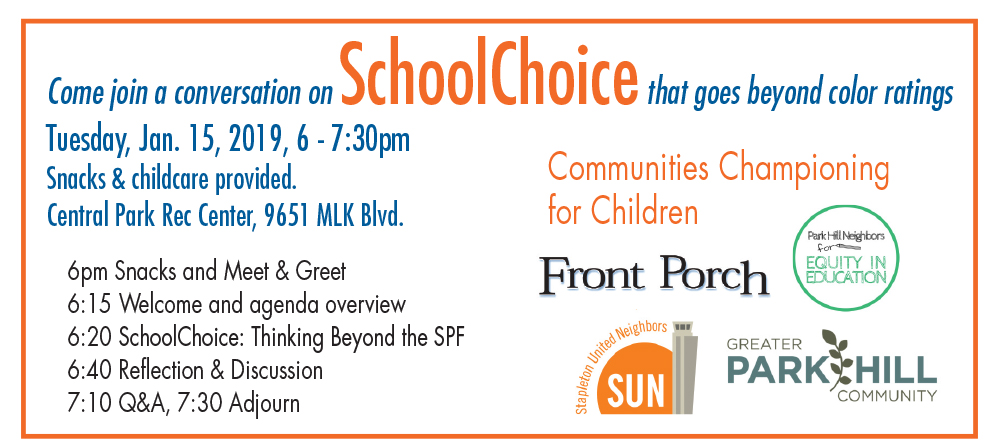 Does SchoolChoice mean anxiety about whether you’ll get your first choice? In an already-too-busy household, is there a part of you that wants to say, “I did right by my kids. I picked green or blue schools. I’m happy. No problem.”
Does SchoolChoice mean anxiety about whether you’ll get your first choice? In an already-too-busy household, is there a part of you that wants to say, “I did right by my kids. I picked green or blue schools. I’m happy. No problem.”
Why not just rely on the School Performance Framework (SPF) to choose a school? Four neighbors representing Park Hill and Stapleton education committees sat down together to talk about that question and reflect on the upcoming SchoolChoice process. From that discussion came the thoughts in this article and the decision to plan a community-wide meeting on January 15 for all northeast Denver families to talk about SchoolChoice.
What do these neighbors think is most important?
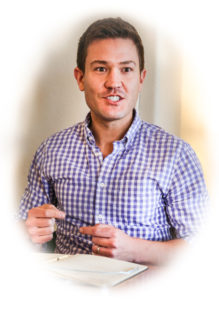
Geoff Horsfall
Visiting. “Your child is more than a color. Your school is more than a color,” says Jea Arzberger, Ph.D., who has 20 years of experience in education, founded a school for expeditionary learning, and has a 3rd grader in a Stapleton school. “Only by getting in there can you really understand what separates the different schools,” adds Geoff Horsfall, a newcomer to SchoolChoice, with a daughter entering kindergarten at a Stapleton school in the fall. All four people agreed that visiting more than one school is really important. Further, they believe there are schools you haven’t even considered that would be a perfectly fine fit for your child—and you should visit one you hadn’t previously thought about.
Laura Lefkowits, a Lowry resident and former school board member whose children and grandchildren attend(ed) local schools points out that the SPF scores are an average of the prior two school years. For a new school or a school with changes in leadership and/or programming, those impacts won’t show up in SPF scores for a few years. And, says Jea, “All of this data ignores relationships, which are the most important thing when we’re nurturing the development of children.” Laura adds, “In all of the data that is easily accessible, there’s no story provided. We can give you data, but telling the story is really left up to the parents and the principals at a school.”
To make tour-scheduling and broadening your list easier, check the next three pages and/or our website to read a statement from each principal and find the schedule of tours for all the elementary and middle schools in the Front Porch distribution area (and some beyond).
What should you think about before you visit?
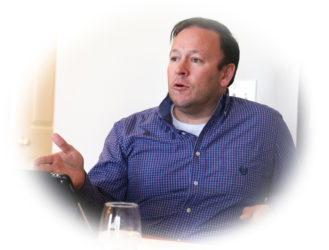
Andrew Lefkowits
What are your values? What do you want your child’s experience to look and feel like? More structured? More creative and free-form? Laura reminds parents, “You may also want to consider that at kindergarten, you have no idea—an elementary student’s growth and development is going to be all over the map, at least until third grade.” Andrew Lefkowits (Laura’s son), opted out of his assigned boundary school in Park Hill and sent his 2nd grade and ECE 4 children to a school he found welcoming and that offered the diversity he values. He says, “Think beyond just the hard-test-scores part of the education. What sort of social environment do you want your kid to grow up in? What sort of understanding of differences do you want them to have?”
What to ask and look for as you visit
What does your school celebrate? What are your recent successes? What have been the scores and trends in the formative assessments from this fall and last spring? If you want structured or if you want creative, what do you see in student work that reflects that? Do you see evidence of friendships at school?
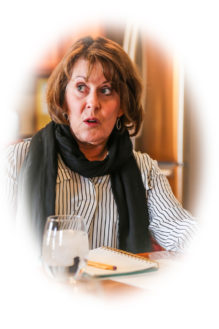
Laura Lefkowits
Questions to ask after you visit
Did I feel welcome? Can I picture my student succeeding here? Am I projecting my own issues on my child? “A parent walking into a school may think, ‘I’m not sure that I feel comfortable here, so I’m assuming my kid won’t feel comfortable there,’” says Andrew. “I’m like, ‘You put your kid there and your kid is going to be totally fine.’”
Did I have realistic expectations? “A caveat,” says Laura. “All schools have behavior problems. You’ll see not all kids will be on task. That’s school. You’re not always going to walk into a classroom at a particular moment on your tour and see everything that you’re wishing for.”
Attend events at schools you’ll be considering—field days, festivals, speakers, etc.
“Get the best.”
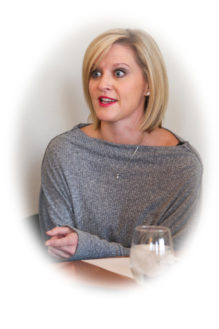
Jea Arzberger
“The train moves very quickly toward ‘Get the best. Figure out a way to get the best, and if you don’t, everything is lost,’” says Andrew. Jea has seen that too, “It’s like life’s over for them and their kid forever.” “I feel it in myself already as I start going through this process,” says Geoff. “You want it to go a certain way. Then people are inevitably disappointed when it doesn’t, right? Having a little bit of a step back early in the process could be important for parents.”
Those thoughts moved the discussion into a new direction. “The piece that’s missing here is the bigger picture,” says Andrew. “The choices you make about where to send your kid don’t just affect your kid. People who have the ability to choose whichever school they want and drive their kid there ends up creating pockets of privilege and lack of privilege. I think asking people to go on tours thinking about social good is maybe a big ask but…
Jea picks up on his thoughts, pointing out that people consider the broader social good in their consumer patterns, like buying organic versus nonorganic…“A Prius versus a Hummer,” adds Andrew.
“Social consciousness is in your consuming habits. Do you recycle? Why do you that?” asks Laura. “That is for more than you—and public education is about more than you. In order for a system to thrive, we need more parents who consider the system as a whole, and make a socially conscious decision. It’s a big ask.” Geoff adds, “I think a lot of parents haven’t thought about that because we all went to our local neighborhood school. The idea of introducing these other variables is perhaps a first exposure to the issue for a lot of people.”
“The data show how you get high test scores—you come from an affluent well-educated family. Period. So your kid’s going to be fine,” says Laura. “If you think about being socially conscious around school choice the same way you are about lots of other things in your life, you might at least visit a school that you otherwise wouldn’t.”
To learn about the NE Denver Middle Schools, go to: https://frontporchne.com/article/middle-schools2019/
To learn about the NE Denver Elembentary Schools, go to:


0 Comments